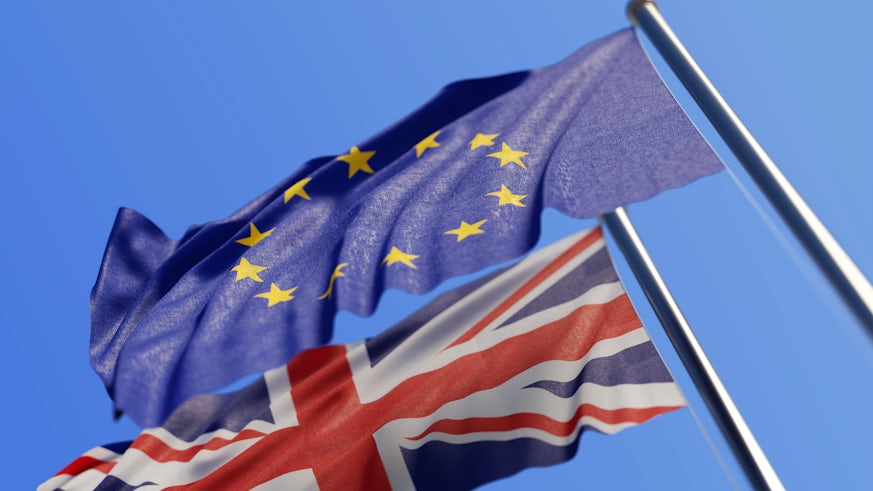Academics at the forefront of research into Brexit
29 March 2018

Cardiff University academics are playing a pivotal role in assessing the impact of Brexit.
Since the result of the referendum nearly two years ago, experts from the institution have been carrying out detailed and extensive research – in subject areas ranging from politics and economics, to the environment and journalism.
As well as explaining the context behind the historic vote, their work is also giving a better understanding of what life will be like for people living in the UK once the country begins its separation from Europe in a year’s time.
Research at Cardiff University is demonstrating Brexit’s impact on many areas, including:
- Public attitudes: The work of Professor Roger Scully of the Wales Governance Centre focuses on public opinion around the time of the vote and since, which is tracked through their Welsh Political Barometer Polls.
- Young people: Drs Stuart Fox and Sioned Pearce of the Wales Institute of Social and Economic Research, Data and Methods (WISERD) surveyed 15,000 young people around the UK to assess the impact of Brexit on their political engagement.
- Devolved nations: Dr Jo Hunt and Dr Rachel Minto of the Wales Governance Centre are examining the EU referendum from a devolved perspective, feeding into political discussions about Wales’ future after Brexit.
- Business and the economy: Professor Max Munday of Cardiff Business School researched how larger firms in Wales might be affected by Brexit, contributing to research on trade for the Welsh Government. Professor Patrick Minford, also of Cardiff Business School, is chair of the Economists for Free Trade group.
- International trade: Dr Ricardo Pereira of the School of Law and Politics has researched the impact of Brexit on international trade law.
- The role of broadcast media: Professors Stephen Cushion and Justin Lewis of the School of Journalism, Media and Culture, analysed sources and statistics in news reporting during the referendum campaign.
- Print media: Drs Lucy Bennett and Inaki Garcia-Blanco, of Journalism, Media and Culture, studied 1,419 letters to the editor that appeared in newspapers in the two-month lead up to the referendum.
- Waste policy and the environment: Professor Richard Cowell at the School of Geography and Planning undertook research on waste policy and the environment, considering how greener solutions would continue without EU legislation. Professor Ben Pontin of the School of Law and Politics has examined the historical influence of British environmental law versus implementation of EU legislation.
- Agriculture: Dr Ludivine Petetin, of the School of Law and Politics, is examining the challenges and opportunities for the food and farming sectors post-Brexit, including international trade aspects.
- The impact on immigrants: Dr Dawn Mannay of the School of Social Sciences led on a project to assess how Brexit has affected people from Europe who are living in Wales, specifically in the three Welsh ‘Remain’ regions.
- Language: Professor Diarmait Mac Giolla Chriost has investigated how Brexit will affect minority languages – both within the UK and in Europe.
Other key areas of research include crime and security, technology, health and social policy.
Professor George Boyne, Pro Vice-Chancellor for the University’s College of Arts, Humanities and Social Sciences said: “Our academics are using their extensive knowledge and expertise to inform the debate around Brexit. Their detailed research and analysis is broadening our understanding of what this decision means for the UK, both at home and internationally.
“As we get closer to this fundamental change in the UK’s relationship with the EU, I have no doubt their work will continue to have a huge influence on policy-making and on public perceptions of Brexit.”


